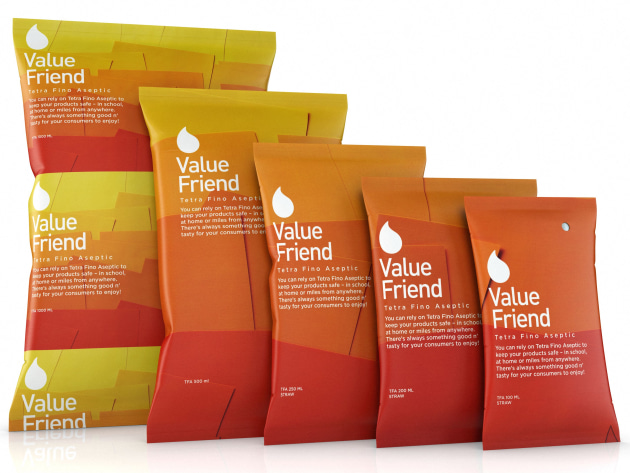Vietnam is the site of Tetra Pak's newest aseptic carton factory, which will supply domestic and export markets in ASEAN, Australia and New Zealand.
Adding Vietnam to its global supply chain map is a strategic move for the food packaging and processing giant. While the company has had a presence in the market for 25 years, the €120 million (AUD 193m) greenfield investment cements its commitment to Vietnam where the liquid food market in Vietnam has been growing at a healthy 6% CAGR for the last 3 years [vs 4% CAGR in Asia Pacific region].
Speaking at the opening ceremony in Binh Duong, Adolfo Orive, president and CEO of Tetra Pak said, “This factory is not just a monetary investment for us. It reflects our pledge to be closer to our customers, to serve them faster and better, with greater flexibility and efficiency, and shorter lead times.”

The new facility, the company's 8th in the Asia Pacific region, has been “built for the future”. It has an expandable capacity of 20 billion packs per annum, currently producing Tetra Brik Aseptic and Tetra Fino Aseptic packages, with the possibility of producing more packaging formats in future.
Andrew Pooch, managing director of Tetra Pak Oceania, told PKN “This new factory extends our packaging material production capabilities in the Asia Pacific region to serve better our customers in Australia and New Zealand. Beyond that, it will allow us to be more agile in supporting our customers future packaging innovation needs.”
Tetra Pak has clocked up 65 years of global manufacturing experience, which has been leveraged in the new facility's design and operations which, the company says, meet World Class Manufacturing standards.
The plant integrates the latest technologies and best-in-class production standards focusing on food safety, quality and sustainability, Tetra Pak says.
The Vietnam factory is also built to exacting environmental standards in pursuit of the globally-recognised LEED Version 4 Gold certification.
With various measures in place, for instance an energy monitoring system and water recycling facilities, the new factory could reduce its energy usage for facilities by up to 36 per cent and reuse over 21 million litres of water a year, according to Tetra Pak. Production and warehouse facilities are also climate-controlled to ensure highest quality of carton packages.
The factory also implements all key certifications for quality, environment and safety including ISO 9001, ISO 14001, ISO 45001 as well as other world-class standards.







